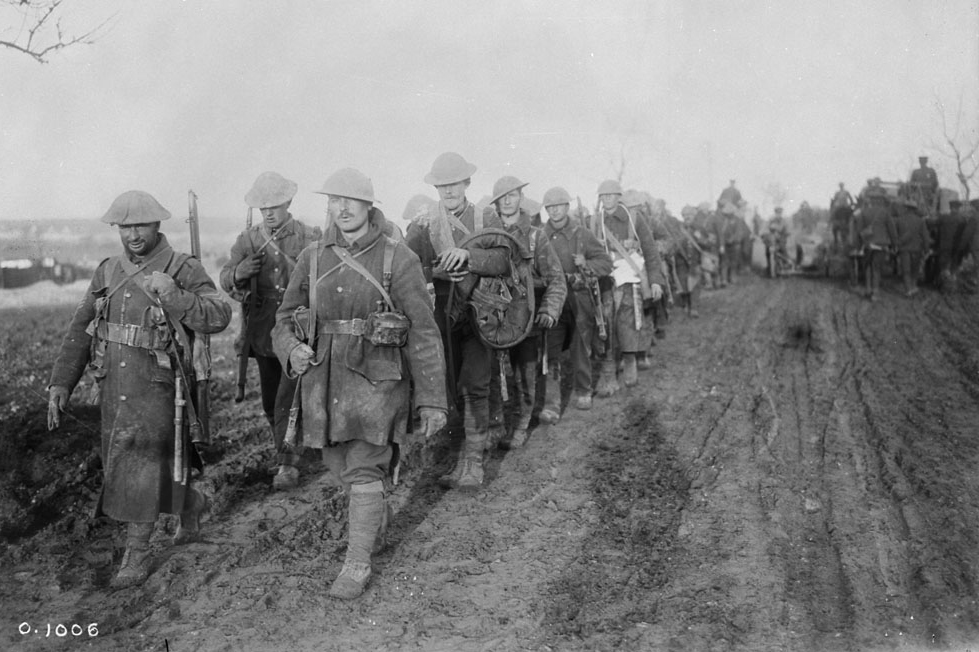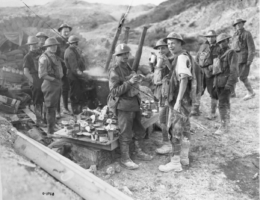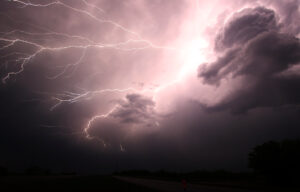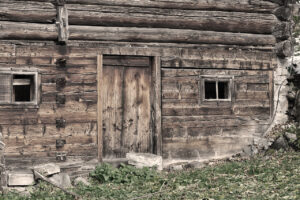By Ethel (Spillett) Anderson – Calgary, Alta.
The following are excerpts from letters and diaries written by my father, Sgt. E.J. Spillett, 46th Canadian Infantry Battalion (South Saskatchewan) during WWI. The memoirs were written while on active service in France in 1917.
• We take pride in the way we fix up our dead. Some battalions just pin the blanket around the corpse and send it in a shapeless parcel. Whenever possible we tie their arms folded across their breast. We tie their feet together, then pin the blanket around with the seam running down the centre of the body forming a cross, with the seam running across the chest. We then stitch it up and make a very neat job. The corpse is taken out at night to a cemetery about four miles behind the line.
• I’m afraid I shall give you the horrors, but this is war. There is no glory in it. Just scientific murder. I am used to these sights. They don’t have to prime me with rum. I have and usually do drink it on those jobs, but usually afterwards, to take the taste of dead men out of my mouth.
• I don’t worry much over it now, but there were times when I would figure it out that the shapeless mass was some mother’s son, somebody’s husband maybe.
• I have looked through some of the letters in their pockets, letters full of hopes and plans for the future, and above all, someone longing for the time when they shall come home again. I receive similar letters myself and do you wonder that sometimes I get a little miserable and wonder if someone will have the privilege of performing the last rites for me as I have done for so many others.
• Death has no horrors for me. It is the little things one leaves behind that worries. Can you expect spiritual exaltation to result from a job like mine? Perhaps I shall yet learn to thank God for putting me into khaki, but when you are passing through the valleys you cannot see the glories which lie behind yonder ridge, especially when the dust of the valley is stained red with blood of heroes murdered by those demons, with greed and covetousness.
• I am exceedingly grateful I have been spared so far, and trust the same protecting care will be over me during the coming months. Great good may be the outcome of this war, but to me the price is far too heavy.
• I stand sometimes on a lovely spring morning with my back to the trenches and I look back over the country behind our lines. The sun shines, the birds are flying, and the fields are turning a delicate green.
• On every hand there are signs of new life. God is again doing His part. He has sent the snow and the rain and we are beginning to see the wisdom of it. But yonder is a ruined village, once the quiet happy home of peace-loving peasant farmers. Now it is left desolate, hardly a wall left standing.
• My eyes fall to the ground. To my left on stretchers covered with blankets, lie two silent figures. Suddenly with a noise like a freight train, a big shell soars overhead and bursts on the road – scaring the birds and bringing me to earth with a suddenness that is painful.
The closing entry in my father’s memoirs expresses the prayer and desire of a tired soldier:
“I trust I shall never again find it necessary to shoulder a rifle or carry a pack, hoping that I may be permitted to live peaceably with all men unto the end of the Chapter.”




